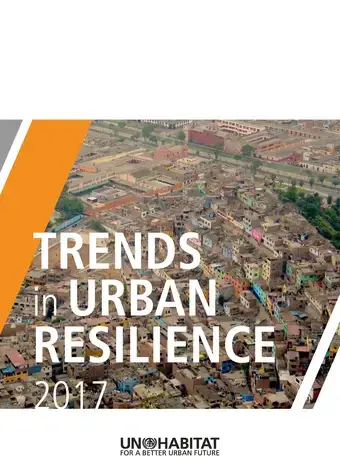Barcelona 2 November 2015—UN-Habitat through its City Resilience Profiling Programme (CRPP) joined three other sister organisations to celebrate the 70th anniversary of the United Nations at an event held recently at the Sant Pau Art Nouveau Site.
Bogotá Signs First Associate Cities Agreement
Barcelona, 27 May 2015 – UN-Habitat, the International Association Recycling Cities Network (RECNET), and The Institute for Risk Management and Climate Change (IDIGER) have signed a Statement of Cooperation outlining the City of Bogotá as the first of a series of Andean Cities to engage in application of the resilience profiling tools and approaches to measure urban resilience.
Global cities come together on city resilience profiling
Barcelona, 12 July 2014: The first meeting of UN-Habitat’s City Resilience Profiling Programme (CRPP) took place earlier this month with four member cities meeting in Spain.
The Programme brought together representatives from Beirut, Concepción-Talcahuano, Wellington, and the host city, Barcelona, to hold the inaugural workshop and assess how they are progressing in the development and completion of the City Resilience Profiling Tool.
New collaboration explores technological solutions to urban resilience
Barcelona, 3 June 2014: UN-Habitat’s City Resilience Profiling Programme and the Autonomous University of Barcelona’s School of Engineering have announced a new collaboration to work together in the design and construction of software to increase cities’ resilience to disasters.
One of the main objectives of this collaboration is transforming the City Resilience Profiling Tool into a more robust and user friendly Web Application with greater potential.





